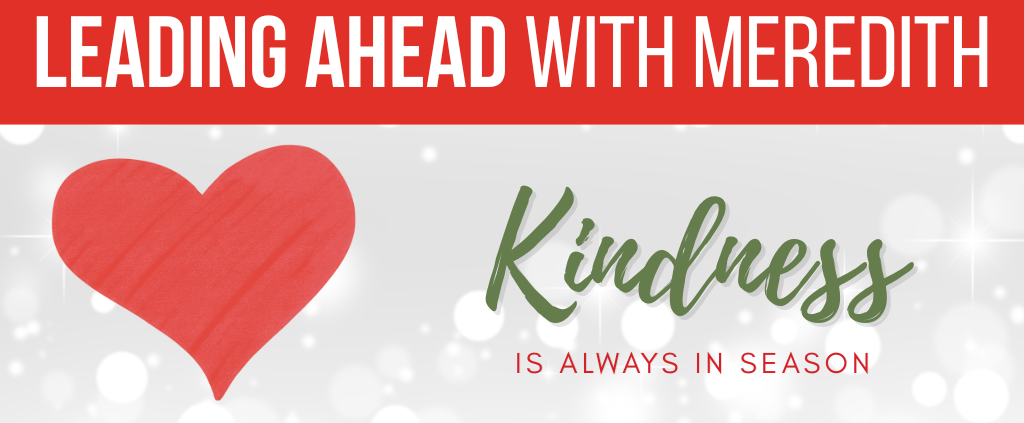This year the St. Louis Area Foodbank unveiled our updated Strategic Plan, with a bold new vision: A nutritionally secure Missouri and Illinois. But what exactly does that mean – and how are we going to do this? Well – we are glad you asked as it will take all of us working together to realize this important and challenging vision.
When the St. Louis Area Foodbank began back in 1975 as part of the Food Crisis Network, the focus was on hunger. Providing food to those who were hungry seemed to make sense, until we realized over time that hunger may not be simple to define or to solve after all. Over time, we have evolved our conversations, our operations, and our programs to focus on larger issues, such as food insecurity.
The U.S. Department of Agriculture (USDA) defines food insecurity as a lack of consistent access to enough food for an active, healthy life. It is important to understand that though hunger and food insecurity are closely related, they are distinct concepts. Hunger refers to a personal, physical sensation of discomfort, while food insecurity refers to a lack of available financial resources for food at the household level. In other words, if you are hungry now and have the means to eat something – anything, then “hunger” is solved for. What if, however, you are hungry and do not have anything in the cabinets or the refrigerator to eat – and your wallet was empty. If you are hungry and have nothing, and no means to change that situation, that is food insecurity. This distinct difference is precisely why our focus is on food insecurity, and we are working to look at root causes, contributors and solutions.
While food insecurity rates in our region, and nationwide are unacceptably high, we also are reimagining how we operate by recognizing that it is not just putting food into our bodies that matters – but rather, what types of food we consume that help us to live our best possible lives. Thus, our evolution to working toward eliminating food insecurity with a laser focus on nutritional security.
Nutritional security is defined as a situation that exists when all people, at all times, have physical, social, and economic access to sufficient, safe, and nutritious food that meets their dietary needs and food preferences for an active and healthy life. Poor nutrition is a leading cause of illness in the United States, associated with more than half a million deaths per year. Poor nutrition is linked with increased risk of obesity, diabetes, and heart disease as well as broader impacts including higher health care costs and decreased productivity.
One of the exciting new ways we are holding ourselves accountable to our focus on nutritional security is by implementing a new food model, SWAP (Supporting Wellness at Pantries), both at the Foodbank, as well as beginning to roll this out to our food pantry partners across our 26 counties.
In accordance with 2020 Healthy Eating Research guidelines, this system is based on the amount of saturated fat, sugar, and sodium in items as these nutrients have been linked to increased risk of chronic disease. Utilizing this system will help pantry neighbors easily select nutritious foods. SWAP is a stoplight ranking system that groups foods into three categories that resemble a traffic light:
Green: Foods you should choose OFTEN – that are low in saturated fats, sodium and sugar, and support a healthy lifestyle
Yellow: Foods you should choose SOMETIMES –medium levels of fat, sodium or sugar
Red: Foods you should choose RARELY – as they are high in fat, sodium or sugar
Our goal at the St. Louis Area Foodbank is not to be the “food police”, but rather, educate people about the foods that they choose and the impact those choices have on their bodies. To learn more about the SWAP system you can watch a short video here: https://www.youtube.com/watch?v=iKjS4GUXEus.
We are excited to work with our network of partners and partner agencies to implement this system so that together we can create a nutritionally secure Missouri and Illinois. To learn more about our nutritional nudges or for healthy recipes that you can prepare for your families, visit us on Facebook, Twitter, and Instagram at @stlfoodbank. If you are interested in having one of our amazing Registered Dieticians, come and present to your business or organization (they have LOTS of fun and interactive training classes and topics to share!), please email Jenny Duez (jduez@stlfoodbank.org) or Melissa Melton (mmelton@stlfoodbank.org).
Wishing everyone a happy and healthy October!

